A decision ahead of its time Baku bet on security and was proven right
Amid current geopolitical turbulence and the escalation of conflicts worldwide, the position of official Baku gains particular relevance. What exactly is this stance? First, there must be no foreign military bases or installations on Azerbaijani territory. Second, Azerbaijan’s territory will never be used to launch attacks against third countries.
It is precisely now, amid the Israel-Iran war with the involvement of the United States, that the correctness of Azerbaijan’s position becomes evident. Why bring this up now? Let us explain.
We recall this to highlight events from the not-so-distant past. Near the end of 2012, after prolonged negotiations over the terms of Russia’s lease of the Gabala radar station (early warning radar) in Baku, a decision was made to close the facility. At the time, some saw this as a risky move. Today, however, it is clear that official Baku demonstrated strategic foresight by avoiding possible future entanglement in conflicts between global powers.
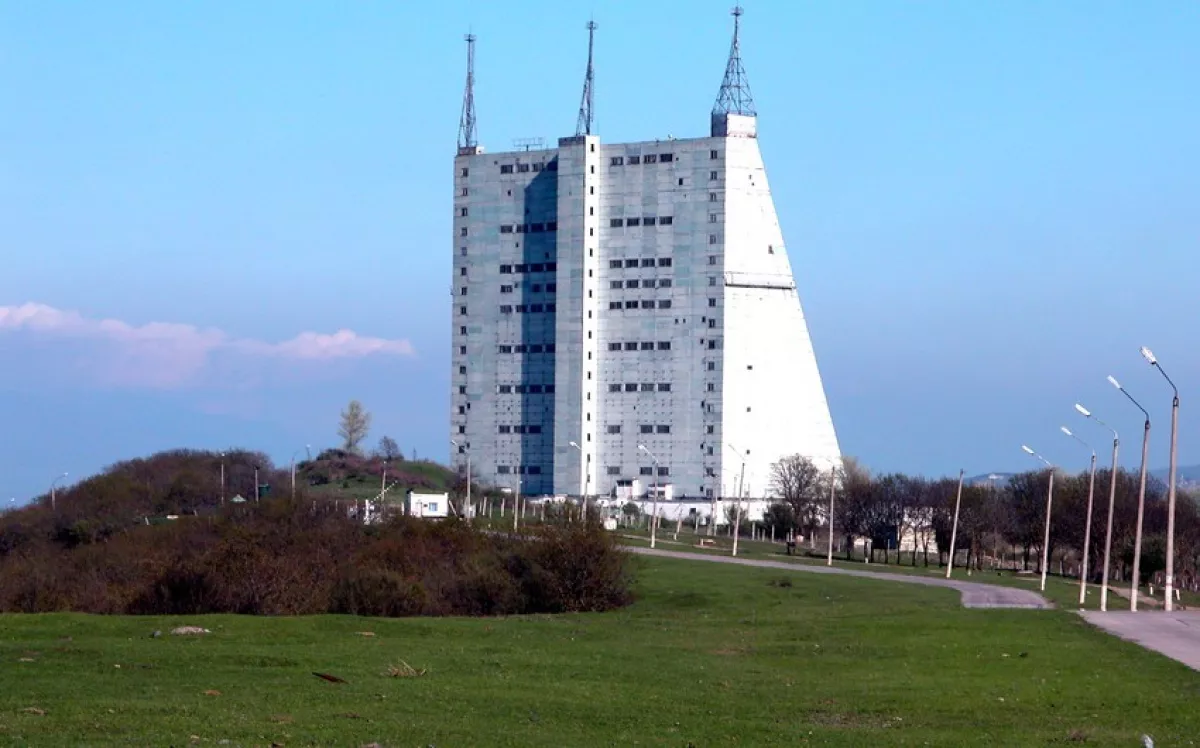
Let us recall that the Gabala radar station was built in 1985 to provide early warning of missile attacks coming from the south. After the collapse of the USSR, the radar station became the property of Azerbaijan and was leased to Russia as an Information-Analytical Centre. The station monitored an area with a radius of 6,000 km — including Iran, Türkiye, India, the Middle East, as well as the Indian Ocean and parts of Australia. The radar could determine the trajectory of missiles carrying nuclear warheads launched from these territories.
Yes, formally the facility was operated by Russia, but it was located on the territory of independent Azerbaijan and remained its property. This created a complex situation: in the event of a global conflict, the station could become both a target and a tool of intervention. Hypothetically, the United States and Israel, when planning a military operation against Iran, might have considered disabling this radar station as a strategic move against an adversary, especially if it continued functioning in Moscow’s interests. Conversely, Russia could have used the radar station to support Iran, its tactical ally, particularly in preventing airstrikes or sharing intelligence.
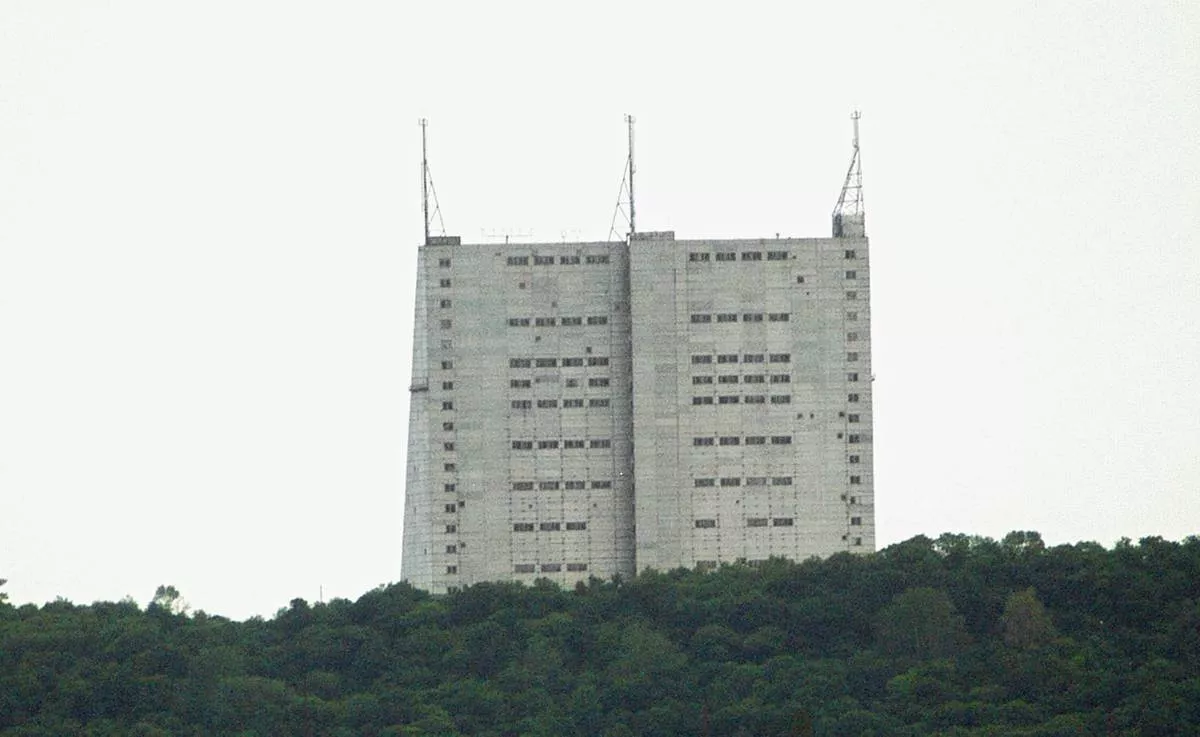
That is why Azerbaijan’s decision regarding the Gabala radar station was an act of strategic self-defence. It spared the country from potentially becoming a battleground for competing interests of the United States, Israel, Iran, and Russia. Amid escalating regional and global conflicts, Baku chose to prioritise neutrality and national security.
Back then, Azerbaijan eliminated potential risks of being drawn into a military escalation between Iran and the US/Israel — a scenario we are witnessing unfold today. This move also served as a barrier against dragging Azerbaijan into a possible alliance between Moscow and Tehran, within which foreign military presence on Azerbaijani soil could have been used against third countries.
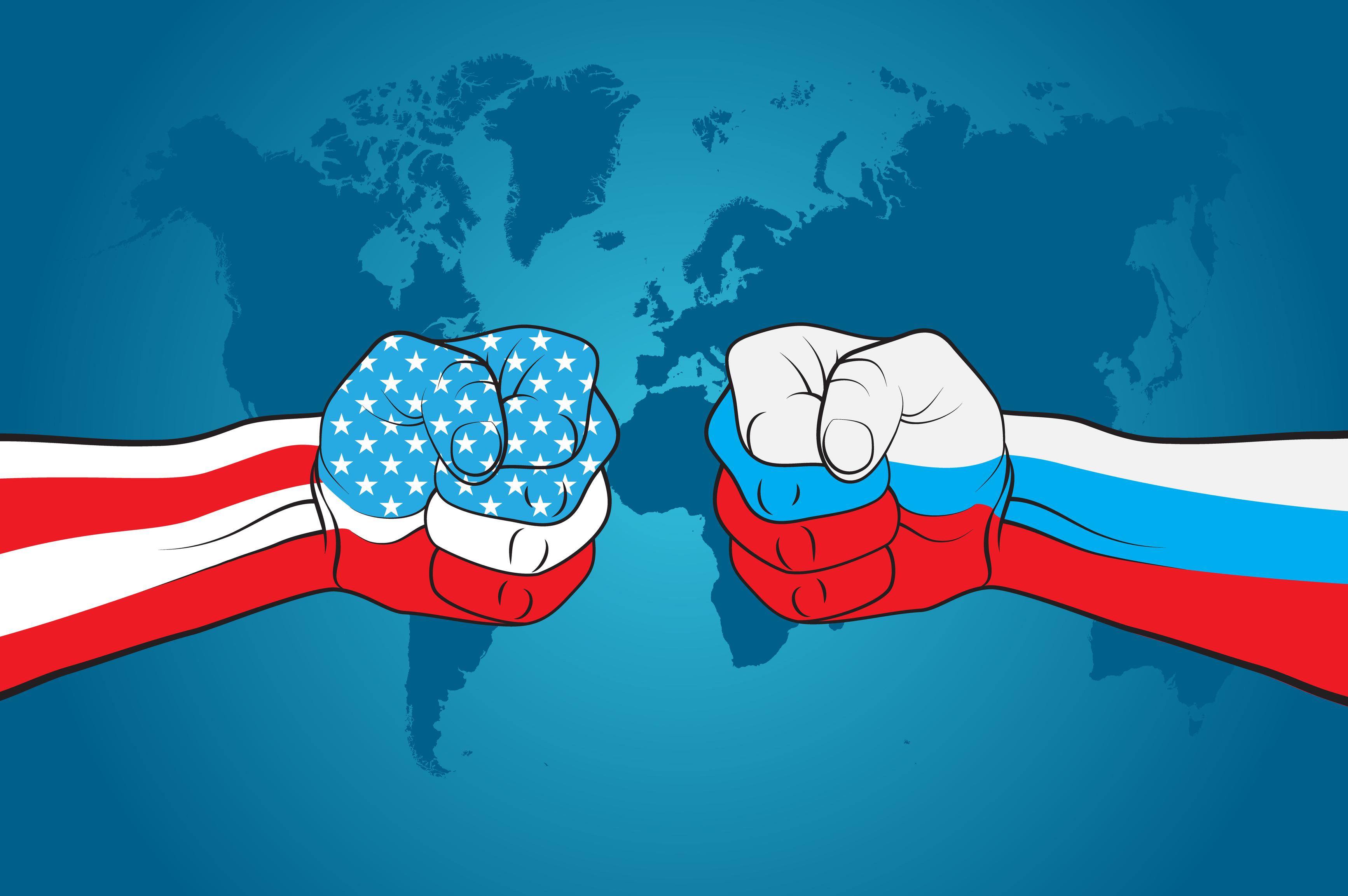
Moreover, this decision by Azerbaijan’s leadership allowed Baku to maintain flexibility in its foreign policy — strengthening ties both with the West and with key regional players — while remaining outside any confrontational axis. This is especially valuable given the new realities. The recent massive strikes by the United States on Iranian nuclear facilities clearly demonstrate how tense the situation in the region can become.
In this context, the presence of a large Russian-operated military facility on Azerbaijani territory would have been a serious risk factor. It would have automatically drawn Azerbaijan into the conflict — not by choice, but by circumstance. Instead, Azerbaijan today is a neutral observer, a country capable of offering diplomatic platforms, humanitarian aid, and participation in international dialogues without fearing for its territorial integrity or internal stability.
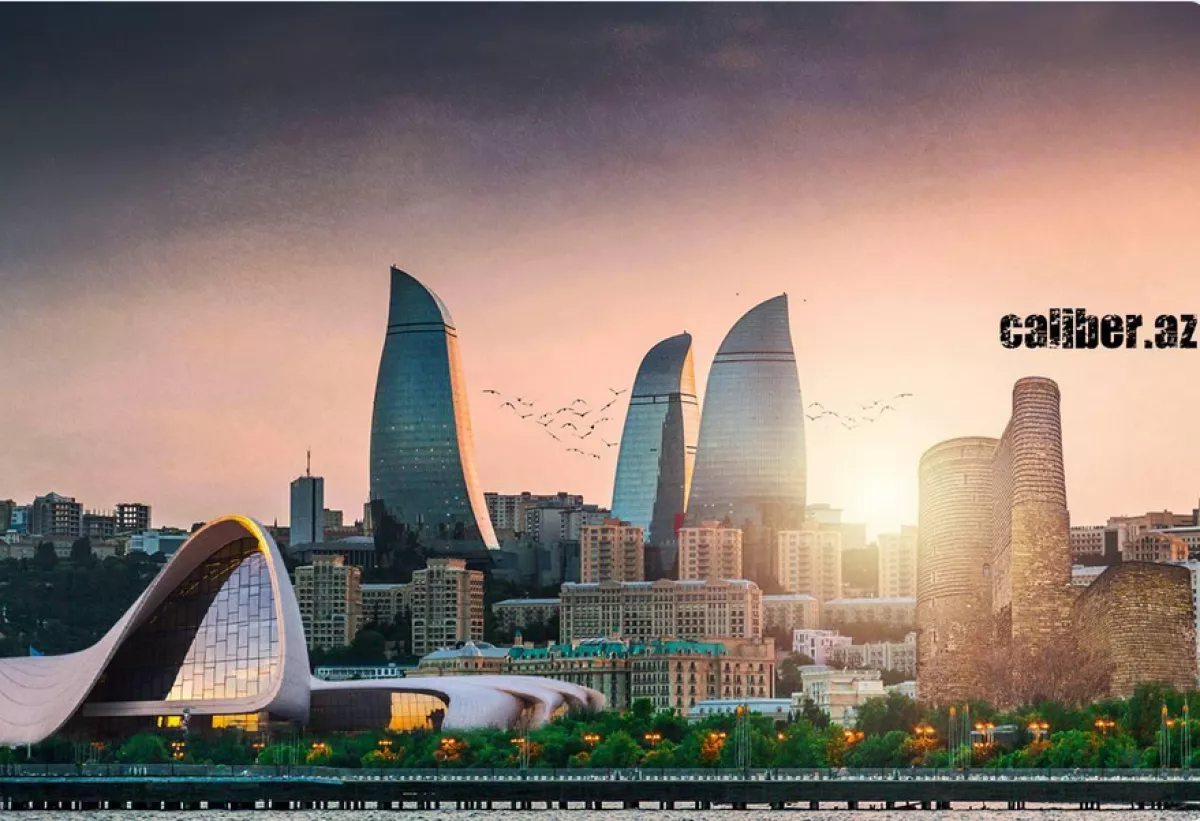
Summing up everything said above, one comes to the conclusion that the closure of the Gabala radar station is one of those rare cases where a decision made in relatively peaceful times proves its value years later amid global instability. Azerbaijan’s leadership demonstrated maturity and the ability to anticipate strategic risks — a quality worth its weight in gold.
While other countries become arenas of geopolitical clashes, Azerbaijan showcases a model of responsible and sovereign policy, prioritising the security of its own citizens. Alongside the leadership’s decision to keep its land borders closed, these examples show that our country is led by a statesman of global stature, capable of carefully planning steps that serve Azerbaijan’s interests for many years ahead.
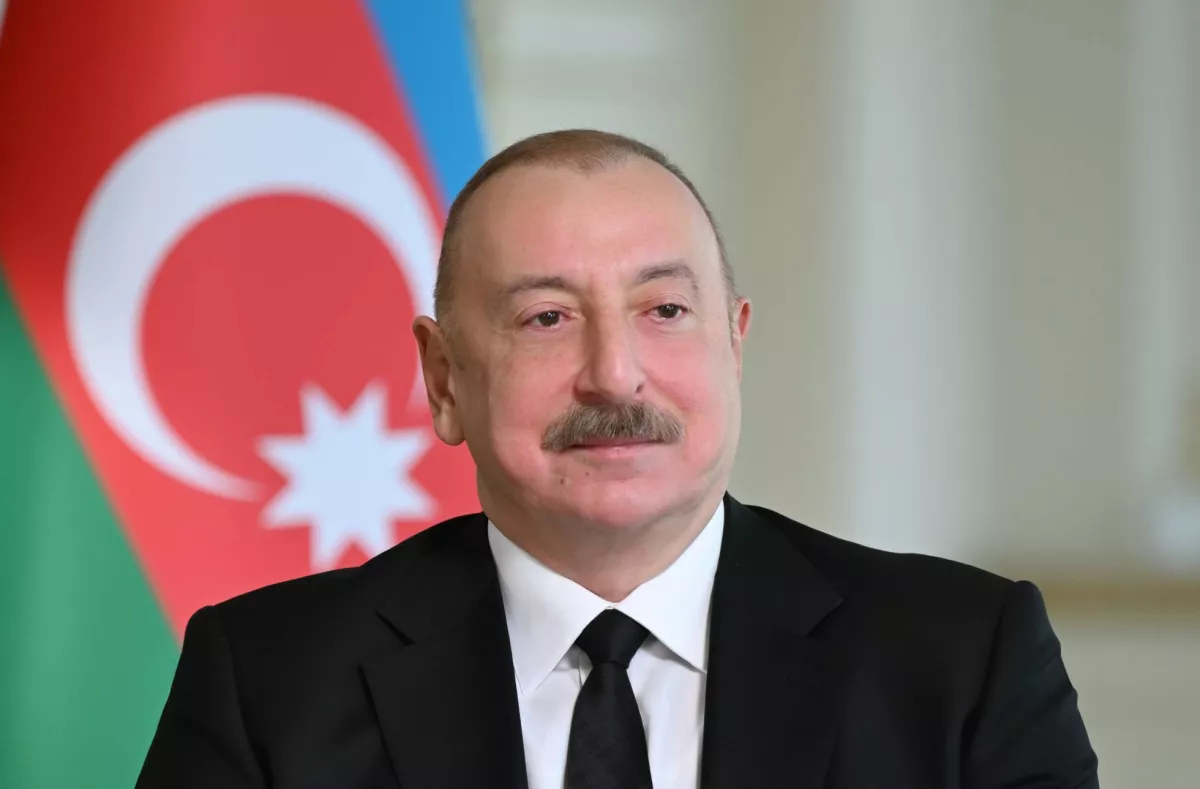
Indeed, President Ilham Aliyev has once again proven that he knows what to do, how, and when. This is a farsighted strategy aimed at the welfare of the state and the people.








